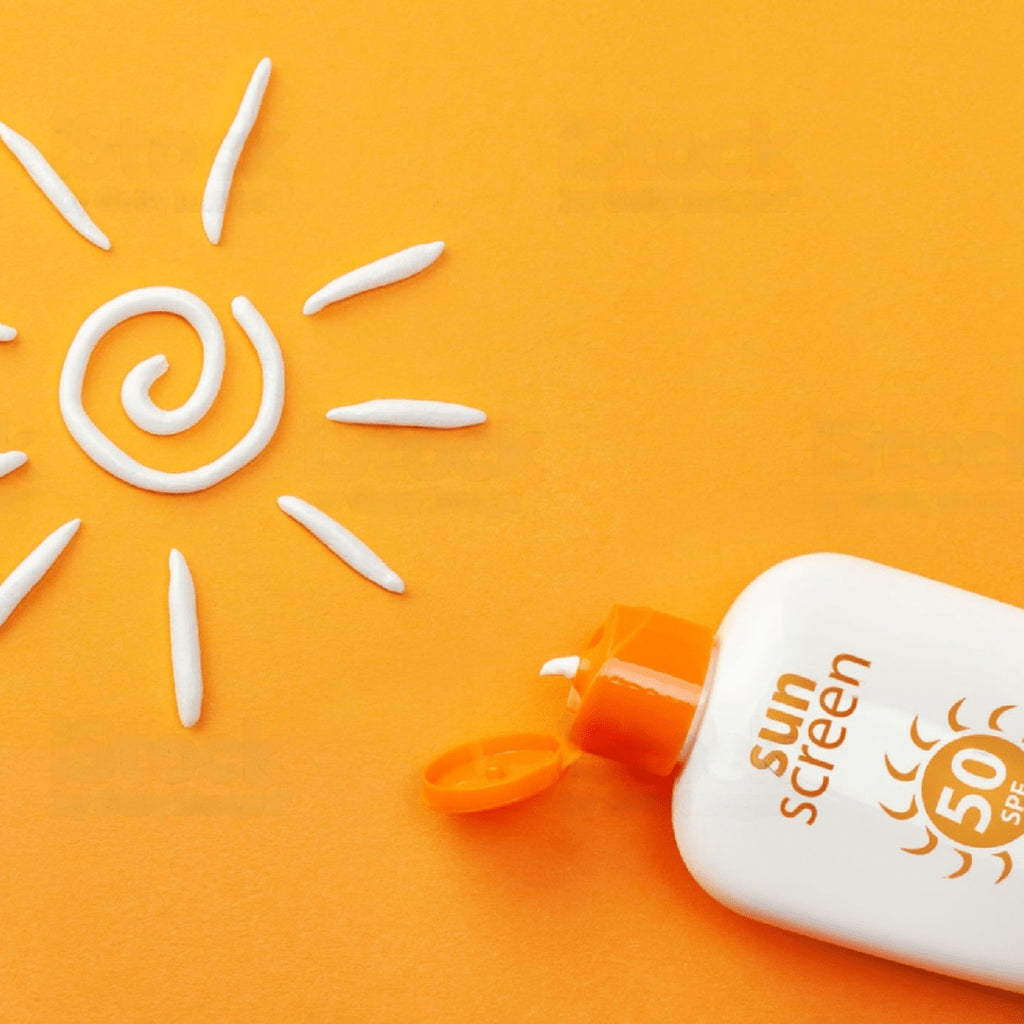Protectie solara chimica versus protectia solara fizica in conditii de oras
Postat de ANDREI FIERARU

Inainte de a intelege diferentele dintre protectiile solare si beneficiile lor in folosirea conditiilor de oras, necesar este sa vedem diferenta dintre cele doua tipuri de protectii. Pentru ambele tipuri de creme solare intalnim filtrele solare sunt cele cu spectru larg si restrans. Spectrul larg poate absorbi radiatia UVA (cel responsabil de imbatranirea pielii) și UVB ( responsabilul de arsuri) iar cel cu spectru restrans poate absorbi doar UVB, dupa cum stim ambele creme au numeroase beneficii pentru sanatatea pielii in timp ce reduce riscul de dezvoltare a problemelor de sanatate pentru expunerea excesiva la soare, dar putem enumera, prevenirea arsurilor, reducerea riscului de cancer de piele, prevenirea imbatranita prematura a pielii, mentine hidratarea pielii insa exista cateva diferente
Protectia Solara Chimica:
Se refera la utilizarea de filtre chimice numite filtre solare chimice care protejeaza pielea de radiatiile nocive ale soarelui, filtrul este compusul organic ce poate absorbi radiatiile UV, impedicand penetrarea lor in piele, textura lor este mai usoara, actioneaza intr-un timp de 15-20 minute de la aplicare, acesta se gaseste in majoritatea cremelor ce contin SPF mai mare de 30
Avantajele utilizarii unei creme cu protectie solara chimica:
Protectia solara chimica nu se reaplica pe piele daca stati la oras pentru ca acestea patrund in piele si absorb razele provenite de la soare iar in proces sunt eliminate ca si raze infrarosii, schimband in acelasi timp efectul radiatiilor electromagnetice, daca utilizati o crema chimica la plaja atunci va trebui reaplicata

Avantajele utilizarii unei creme cu protectie solara fizica
Protectia solara fizica cunoscuta si ca protectia solara minerala, sunt adesea folosite subsantele naturale ce reflecta radiatiile solare, substantele acestea sunt oxidul de zinc, dioxidul de titan, in timp ce actioneaza ca o bariera intre soare si piele imediat dupa aplicare si nu contine alergeni
Important de mentionat este siguranta pe care o ofera pentru pielea sensibila, pentru ca nu contine ingrediente chimice ce pot irita pielea, cremele fizice sunt mai rezistente la apa decat cele chimice, pentru ca substantele sale nu se dizolva in apa, actioneaza imediat dupa aplicare, de luat in calcul pentru acest tip de crema fiind ca el trebuie reaplicat din 2 in 2 ore deoarece contine ”reflectori” ce actioneaza asupra pielii formand un scut pentru piele fara a patrunde in aceasta.
Exista creme de protectii solare care contin atat filtre chimice cat si filtre naturale.

Care crema este mai buna sa o folosesc in conditiile de oras
Atunci când vine vorba de protecția solară în mediul urban, este important să se ia în considerare atât protecția solară chimică, cât și cea fizică, deoarece ambele au avantaje și dezavantaje în anumite situații.
Utilizarea lor este eficienta mai ales cand sunt aplicate corect si in siguranta, cele protectiile chimice sunt cele care ofera mai multa acoperire impotriva razelor UVA si UVB, tind sa fie mai iritate pentru piele si cu mai multe riscuri pentru ca pot ”patrunde in piele” iar cele minerale ofera asupra pielii doar un strat protector
În general, pentru protecția solară în condiții de oraș, o combinație între cele două tipuri de protecție solară poate fi cea mai eficientă. Este important să se folosească o protecție solară cu un factor de protecție ridicat și să se evite expunerea la soare în intervalul orar în care radiațiile UV sunt cele mai puternice. De asemenea, se poate folosi și o protecție fizică suplimentară, cum ar fi pălării sau umbrele, pentru a reduce expunerea la soare.
Importanta utilizarii unei creme cu protectie solara chimica este adecvata pentru a preveni arsurile solare dar si alte efecte nocive in expunerea excesiva la soare, iar folosirea unei astfel de creme poate va ajuta la protejarea sanatatii pielii.
Importanta utilizarii unei creme cu protectie solara fizica va fi o optiune extrem de buna pentru persoanele cu piele sensibila sau pentru persoanele ce doresc sa evite utilizarea substantelor chimice asupra pielii. Recomandat sa folositi o crema solara fizica ca si factor de protectie pe care sa o reaplicati in mod regulat pentru a va proteja pielea.

In cazul in care intampinati probleme la utilizarea cremelor indiferent de natura acesteia, nu ezitati sa va adresati unui specialist care va putea raspunde intrebarilor.


